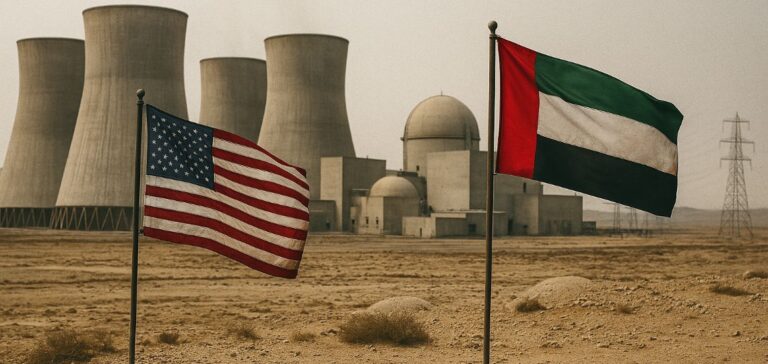The governments of the United States and the United Arab Emirates (UAE) have officially begun negotiations towards a new civil nuclear cooperation agreement. This announcement comes at a time when the UAE is looking to expand its energy capabilities while adhering to stringent U.S. requirements regarding nuclear non-proliferation. Both countries aim to establish a framework agreement compliant with Section 123 of the Atomic Energy Act, the U.S. legislation governing international exchanges related to civilian nuclear energy. This legal framework would enable the UAE to access advanced American nuclear technologies under strictly controlled conditions.
Objectives and Context of the Agreement
The primary objective for the UAE is to further diversify its energy mix and reduce dependency on fossil fuels. This initiative also aligns with a broader strategy aimed at enhancing the UAE’s geopolitical and technological standing in the Gulf region. For the United States, this agreement represents an opportunity to extend its technological and diplomatic influence while ensuring strict compliance with international nuclear security standards. The cooperation project would focus on technology transfers, training Emirati engineers according to American standards, and developing civil nuclear infrastructure.
Conditions Related to Non-Proliferation
Current negotiations focus significantly on precise commitments concerning nuclear non-proliferation. The United States is demanding formal guarantees, notably an explicit prohibition on uranium enrichment and spent fuel reprocessing. These guarantees, similar to those required by the United States in other international nuclear partnerships, aim to prevent any potential military application of civil nuclear technologies. Negotiations will therefore need to precisely define the scope of these commitments to satisfy U.S. regulatory requirements while achieving the UAE’s energy objectives.
Industrial and Economic Outlook
This potential civil nuclear agreement would open significant new economic opportunities for U.S. companies in the civil nuclear sector, providing them access to a rapidly growing market. From the Emirati perspective, the development of the civil nuclear industry would enable greater local technological mastery, delivering direct economic benefits such as the creation of skilled jobs and the emergence of a specialized industrial ecosystem. The concrete realization of this agreement, however, depends on the outcome of ongoing negotiations, particularly regarding sensitive points related to security guarantees and detailed technical conditions.






















